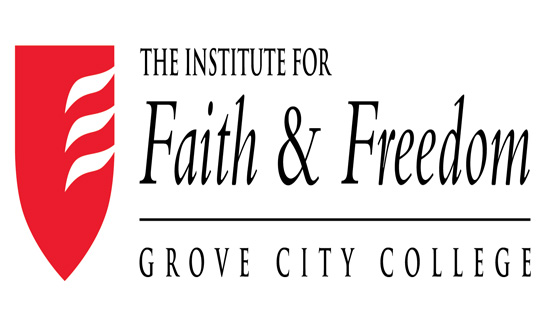Allegheny Institute: Bluhm on the Hook: But Taxpayers May Get the Bill
With less than a month until the Rivers Casino opens in Pittsburgh the slots parlor is facing a $7.5 million payment due this October for its share of the hockey arena debt service. Predictably, casino owner Neil Bluhm is balking at making his first payment so quickly. Instead he insists that his first installment is not due until 2010 at the earliest and possibly not until 2012. The Sports and Exhibition Authority (SEA) insists the money is due this October. Will this be settled amicably or through the courts?
The problem for Mr. Bluhm is that when he took over the slots license from Mr. Barden in 2008, he assumed responsibility for the obligations Mr. Barden had agreed to in order to obtain the license—including providing $7.5 million per year for 30 years to help with bond payments. The Gaming Board issued a press release in August 2008—upon awarding Mr. Bluhm’s group the Barden license—stating that Mr. Bluhm’s group would assume all of the previous license holder’s obligations. One can only interpret the all of the obligations to include the $7.5 million bond payments on the original schedule.
In October 2007 the SEA issued bonds in two series to build the arena. As detailed in their year-end 2007 financial statement, Commonwealth Lease Series A (principal amount of $252 million) is secured by revenues from the Gaming Economic Development and Tourism Fund ($7.5 million per year) and the Pittsburgh casino operator ($7.5 million per year) with the casino’s "first payment due October 2009". Commonwealth Lease Taxable Series B (principal amount of $61.2 million) is secured by rent from the Pittsburgh Penguins, and the first $4.1 million payment is due October 2010.
It is important to remember that, under Barden’s group, the casino was to be up and running by the spring of 2008. This would have given them a year and a half to raise the necessary funds to make good on the October 2009 payment. But since Barden went into default on a $200 million bridge loan in early 2008, construction on the casino was halted while a new licensee could be found to take over the project. When the vetting process had ended, Mr. Bluhm was the majority owner and construction resumed with a new opening date of August 2009. The first bond payment will be due less than two months from opening—a situation of concern to the Bluhm group.
The obvious question: Did someone high in state government or on the Gaming Board offer Bluhm assurances that the October 2009 date would be pushed back? If so, is there a document so stating? If not, the case is easily settled. If there is a document, then by what authority did the person or agency give Bluhm such assurance? Overturning a contractual obligation without the SEA’s and bondholders’ participation would have no force in law.
In any case, if the Bluhm casino refuses to make the payment and the court does not order him to produce the funds, the SEA and the state will have to scramble to get the money. Remember that under the complicated and little publicized lease and leaseback arrangement the state has with the SEA, the Commonwealth is required to come up with the money if the casino defaults. Understandably, the bond underwriters were not overly confident in Barden’s ability to come up with the money to service the bonds (as it turns out, correctly so). Thus to get the bonds issued at reasonable interest rates, the SEA and the Commonwealth entered into a complex arrangement in which the state leases the arena from the SEA, and then the SEA subleases it back from the state. That is why under this arrangement the bonds were issued as Commonwealth Lease Revenue Bonds.
Therefore, the Commonwealth will be required to come up with funds to cover any shortfall in the casino’s responsibility to the debt service. The terms of the bond issuance state that the full faith and credit of the Commonwealth have not been pledged and any lease payment by the Commonwealth will have to be appropriated by the legislature.
However, in light of the current budget crisis in Harrisburg, the chances of the Governor being able to convince the Legislature to approve any replacement funds for arena debt seem close to nil. At that point look for typical government chicanery and sleight of hand. The $7.5 million will be miraculously found in some other gaming fund account or little known economic development account.
This whole mess could have been avoided had the Gaming Board simply done adequate due diligence and determined that Mr. Barden was not financially qualified to receive a casino license. They have wasted countless hours and dollars doing a licensee search not once, but twice. All the while, the clock on the arena bonds has been running and a payment is coming due in October. And in late July we still don’t know who will pay.
It is simply wonderful to watch government and its agents at work on behalf of the people.
________________________________________
Jake Haulk, Ph.D., President Frank Gamrat, Ph.D., Senior Research Associate
________________________________________
Policy Briefs may be reprinted as long as proper attribution is given.
For more information about this and other topics, please visit our website:
www.alleghenyinstitute.org




